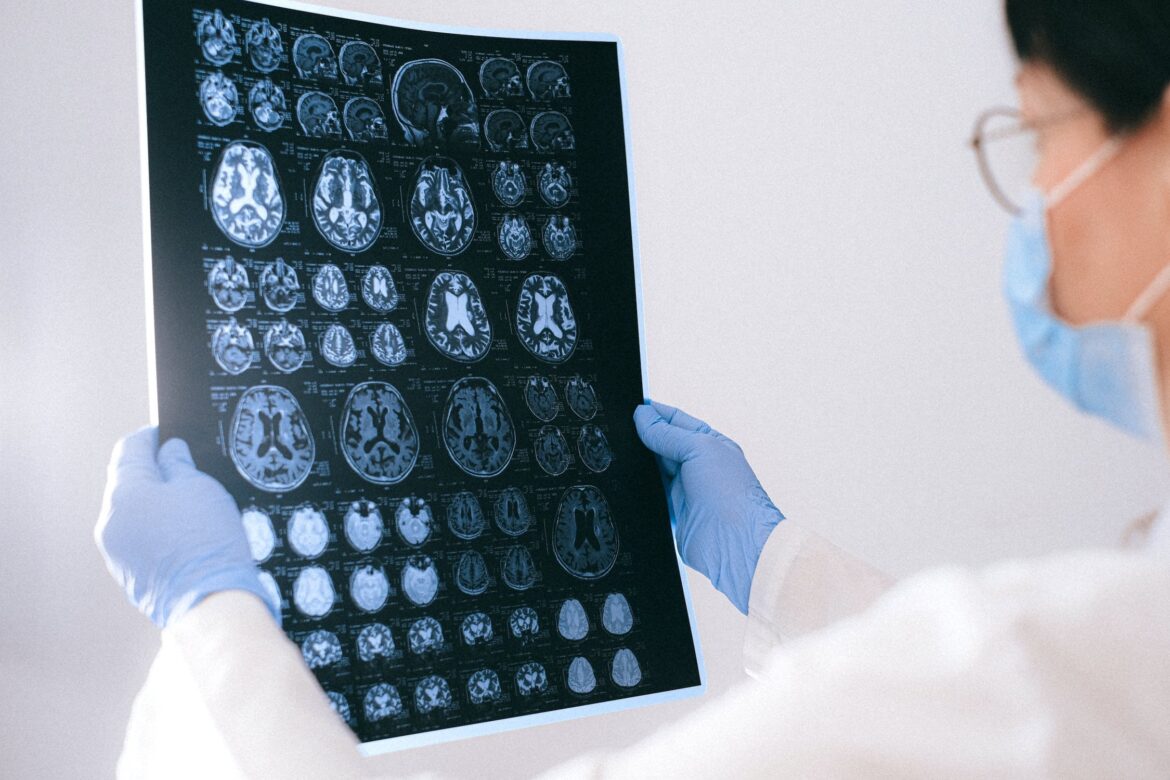A brand new study, published in JAMA Network Psychiatry, establishes a bidirectional relationship between memory decline and depression.
In other words, greater depressive symptoms accelerated memory loss, while significant memory loss accelerated depressive symptoms.
The link between depression and neurological diseases has been increasingly established in recent years, and depression is a risk factor for earlier onset of dementia.
Memory loss and depression involve similar neurological processes, as the study authors explain.
[Dr. David] Merrill [director of the Brain Health Center at the Pacific Neuroscience Institute] said the activity in the prefrontal cortex and hippocampus are similar in both conditions. When there’s a decrease in frontal lobe activity — as is seen with depression — there is a reduced ability to hold things in working memory,” Merrill explained.
“The circuitry and the cells and the synapses involved in memory formation have a profound overlap with the circuitry involved in moods, mood regulation, and mood formation,” Merrill said.
I’d suggest reading more about nuts and bolts of the neurological processes in Medical News Today, but of note, the study author reminds us that the high cortisol levels often seen in depression can lead to hippocampal atrophy — not to mention increased levels of pro-inflammatory cytokines that can play a major role in neurotoxicity.
Now… I sometimes hate posting studies like these because if you’re depressed, well, this hasn’t exactly made your night better.
However, I post it for three reasons.
First, it has important practical implications. The more scientists know about the relationship between depression and memory decline, the better treatment available.
Second, studies like this can also sometimes get depressed folks to seek help from a doctor who might be able to prescribe an antidepressant, if he or she determines it’s appropriate (it’s clutch to remember that many antidepressants fight inflammation).
The study authors also note that exercise is a powerful way to help both depression and memory decline and the mechanism for that is well-established.
Finally, I think it’s really important to post anything that reminds Christians that depression is a real medical condition – that scientists can actually see what’s happening in the brain of a depressed person.
That goes a long way to reducing the horrible stigma that so many Christians feel of “I just don’t have the joy of the Lord… what’s wrong with my faith?”
Science is increasingly suggesting (read here) that major depressive disorders are likely neurological disorders with psychiatric symptoms, which represents the natural, evidence-based conclusion of numerous studies and, hopefully, will further reduce stigma surrounding this disease.
You can’t blame someone’s Alzheimer’s on a lack of faith. Nor their Parkinson’s. It’s time for us to get to that point with depression.
So Christians, as a whole, need to be aware of studies like this, and for those like you and me – who struggle with depression – the memory decline thing might offer a bit of motivation to look for treatment.
Although… I am keenly (way too keenly) aware of depression’s ability to sap us of any motivation. That word “motivation” can seem so distant it’s almost fantastical. “Oh, I once was motivated, wasn’t I? Or was I? Could I really have been? Was that just a dream?” And actually, it was just three weeks ago. Such is the intensity of this thing).
Read the whole study here.
If you’re depressed, or struggle with any aspect of mental health…
For readers from the United States….
Find a psychiatrist here.
Find a therapist here.
For readers, internationally, seek help from a local resource.
For salvation, Christ and Christ alone.
[Photo: Pexels, free stock photography].

